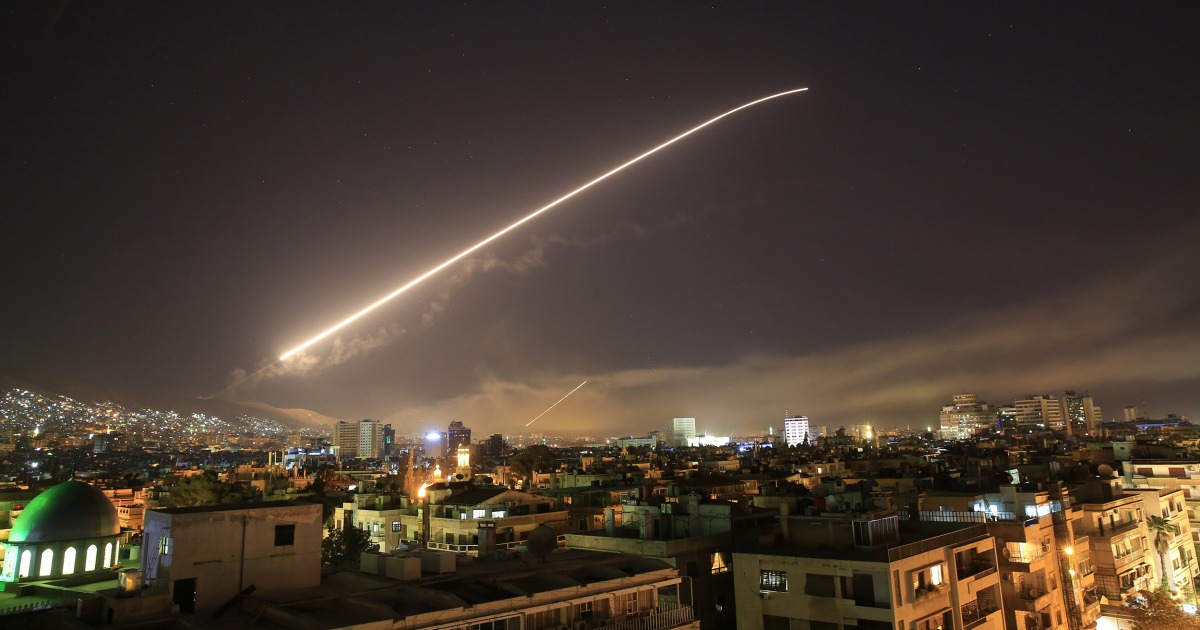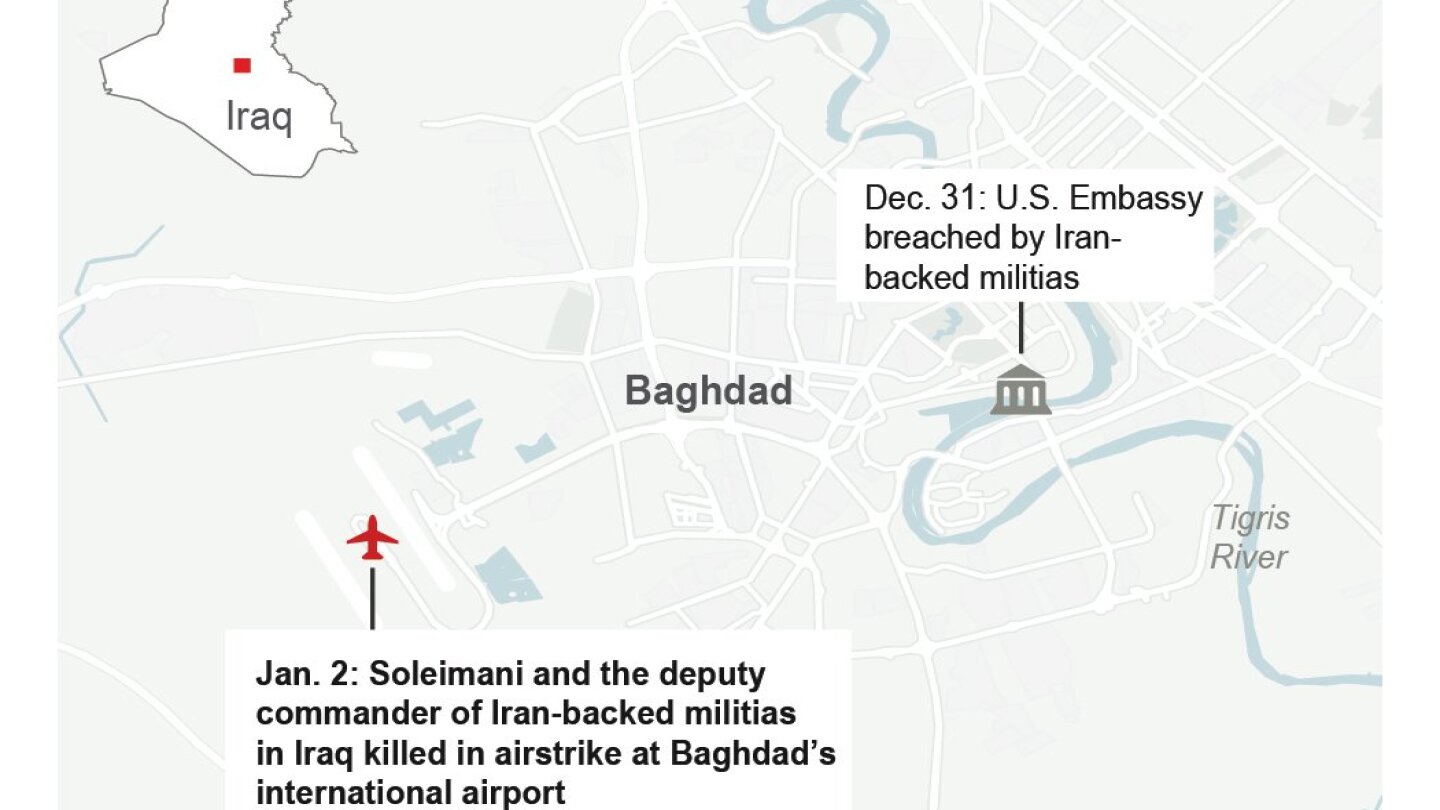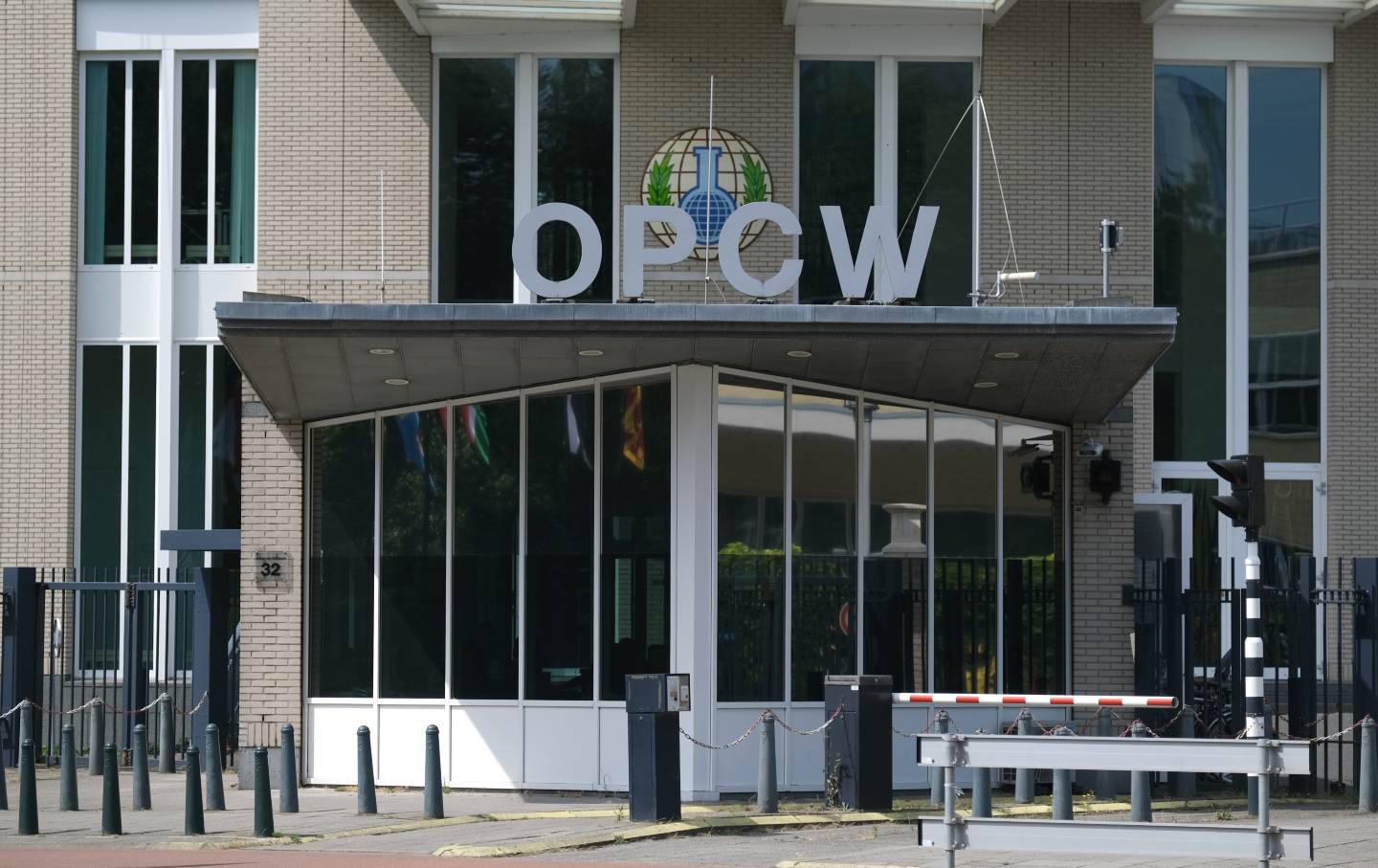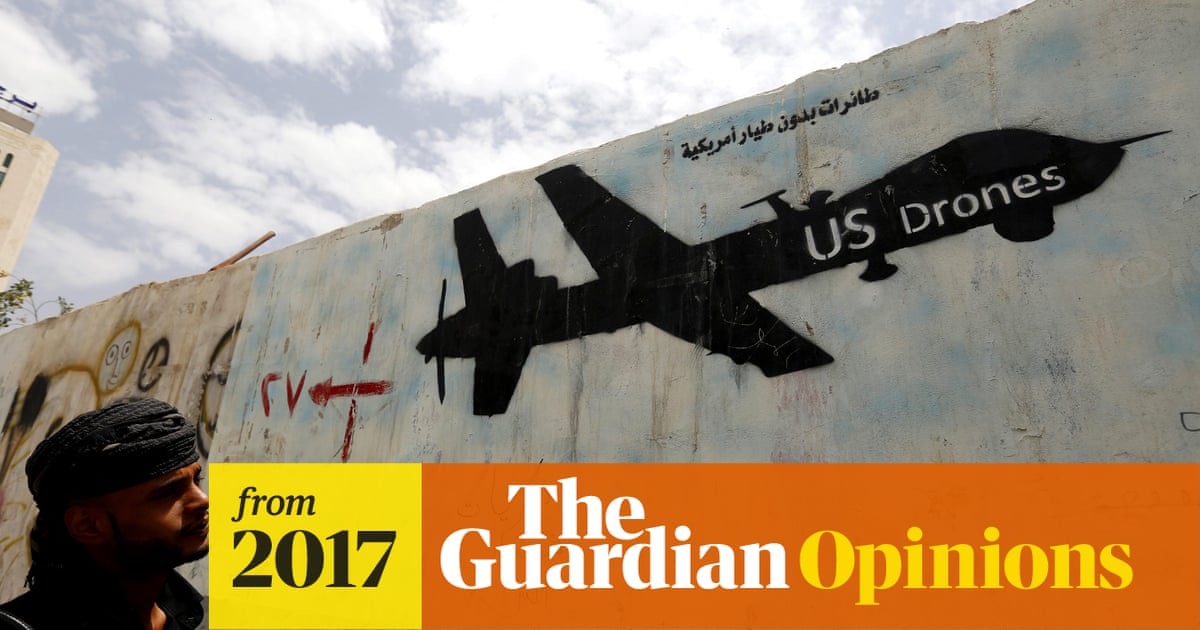- Mar 1, 2008
- 49,914
- 17,306
- 2,250
Um Jimmy Carter never fired a shot. Why do you people make shit up?
Plus, I guarantee you that it Trump got a second term, he’d start a war. He just didn’t in his first in hopes of re-election.










Yeah and your such an expert and mind reading prophet that you know eveything he will do in the future in advance.
 Trump has made it crystal clear he hates war being the only president that has had the balls to come out and tell the truth wars are always started so the defense contracters can profit from them.you sure babble a lot. And thanks for also proving you are delusional,nobody on this thread said carter started any wars so what’s all that babble about?
Trump has made it crystal clear he hates war being the only president that has had the balls to come out and tell the truth wars are always started so the defense contracters can profit from them.you sure babble a lot. And thanks for also proving you are delusional,nobody on this thread said carter started any wars so what’s all that babble about? 
All he posted is what Mike pense said of trumps accomplishment that he is the first president in decades to not start a new war which is true so what’s all this babble of yours claiming that anybody here ever said carter started one?






 You clearly are delusional.you just proved that to the entire board,
You clearly are delusional.you just proved that to the entire board,hey smellybozo, err sealybobo you hear that,even somebody on your OWN SIDE who also hates trump,just posted the truth of what I been posting to you this past six months that trump is the first president sense carter to not start a new war, when somebody from your own side admits that,it’s time for you to stop making yourself look like an idiot that trump is worse than Obama.









Last edited:






 thats the understatement of the year
thats the understatement of the year


